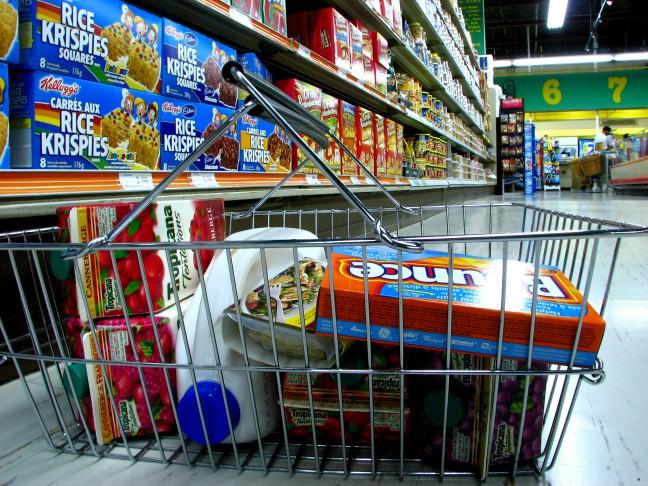Amid the city’s ongoing battle with inequity, Mayor Paul Soglin announce a $100,000 grant in early August to increase access to nutritious food.
Madison’s Healthy Retail Access Program aims to combat “food deserts” — low-income areas that have minimal access to healthy food. The city is currently seeking applications from retailers and transit organizations for the first-of-its-kind program.
The city has created a food access improvement map to designate focus areas where help is most needed.
Mark Woulf, director of Madison’s Food and Alcohol Policy, said the program hopes to make improvements to the accessibility of existing retailers and perhaps open new ones in the future.
Woulf said the grant will also help the city understand individual focus area’s specific needs.
“What we’re really hoping to focus on is our smaller grocery stores throughout the city,” Woulf said.
Woulf said each neighborhood presents unique challenges, and the program will allow for a more meaningful analysis and eventually tailored solutions. He said areas which need new retailers will require more than a year to see the effects of the program.
Physical barriers, such as distance or highways, aren’t the only issues the grant is looking to address, Woulf said. Sometimes food is close by, but the price may make it inaccessible, he said.
Ald. Matthew Phair, District 20, said there is a real need for these types of programs, particularly in his district. While his district does face problems with food costs, Phair said it mostly struggles with transportation to adequate retailers.
The program is accepting applications from a broad range of organizations because the city is unsure which methods will be most effective and needed, Phair said. More programs will likely be needed in the future, he said.
Phair said transportation in general must be improved and in the long run, the city must take action to alleviate poverty.
“This is just a piece of the puzzle,” Phair said.
Woulf said the city already has programs in place to promote access to healthy foods, such as micro grants, which are used to expand community gardens, and farmers markets. He said the city also has a program which doubles the value of food stamps at farmers markets.
Woulf said since the application opened about two weeks ago, no groups have signed up, but interested parties have until the deadline on Sept. 18. He said he has actively been talking with community financial institutions, which offer low interest loans to food retailers.
“In year one, we’d like to see some impact in those areas of focus, knowing that probably the impact will be limited to those that are already in existence, given that a new retailer or large expansion will take a year or two to be developed,” Woulf said.
Woulf said he hopes the grant will demonstrate a need for the program and justify future spending on larger food equality projects.













